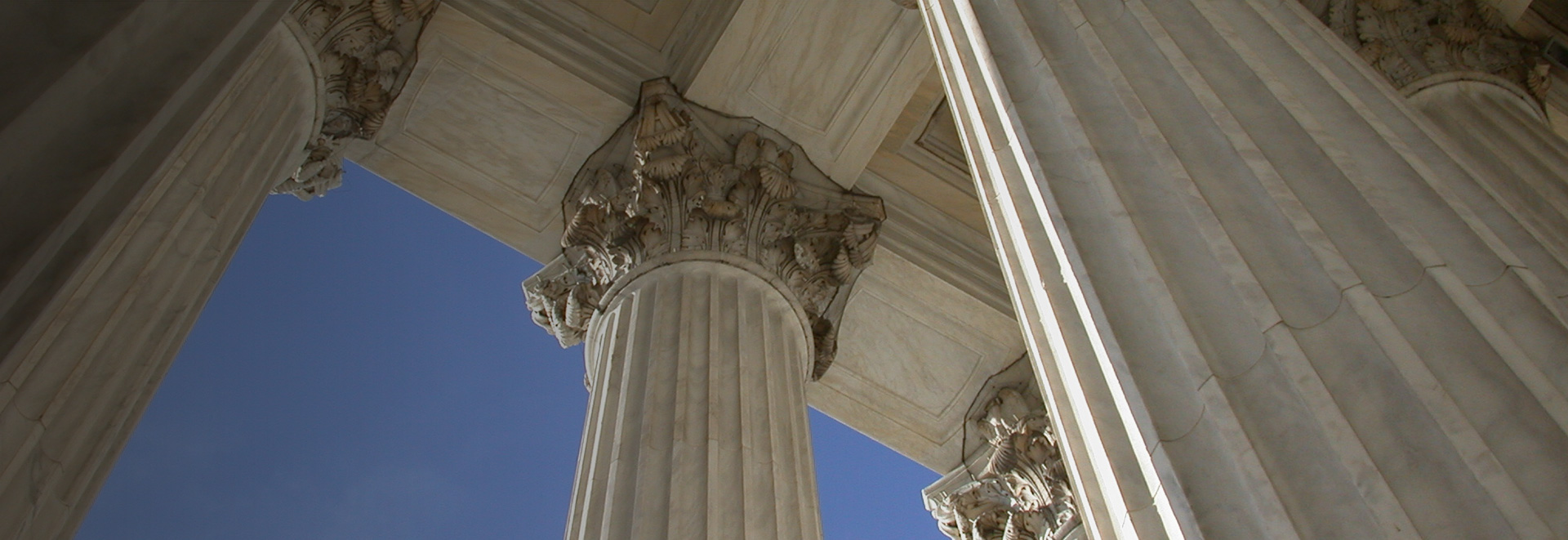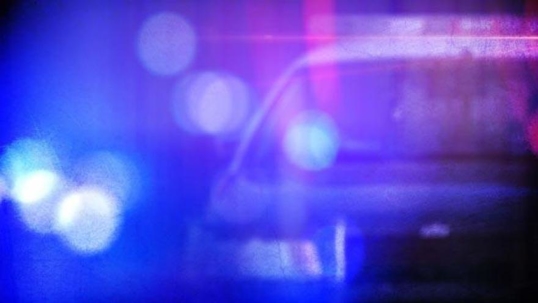When someone leaves the scene of an accident before you have time to get their name or insurance information, you’re likely to feel some anger and frustration. After all, this person put you in danger, and now you don’t have any way of identifying them or getting the information you need to file a claim for damages against their auto insurance provider. The good news is you may have some options for recovering compensation after the accident.
Known as a “hit-and-run,” fleeing the scene of an accident is illegal in Louisiana. By law, anyone who is involved in a traffic accident—whether with another motorist, a parked car, or a stationary object along the roadway—is required to stop, provide identification, and exchange contact/insurance information with others involved. In an accident, no one is allowed to leave the scene until law enforcement arrives (except for paramedics transporting individuals by ambulance). Those who do leave the scene of an accident without providing identification or information face criminal penalties.
Unfortunately, hit-and-runs happen. If you were the victim of a hit-and-run accident, there are several steps you can take to improve your chances of recovering compensation for your damages, including your medical bills, vehicle repair bills, lost wages, and pain and suffering.
Get Medical Attention
Your first priority after the accident should be your health, safety, and well-being. Check yourself and any passengers you have for injuries and, if necessary, call 911. Do not move anyone who appears gravely injured unless they are in immediate danger. If you must move an injured person, move them as carefully as possible and avoid moving them any more than necessary to avoid causing further injury.
If you do not need emergency medical attention, you should still seek treatment in the hours or days following the accident. You may have non-emergency injuries or an underlying condition that could worsen without proper treatment. If you have not yet seen a doctor after the accident, do so as soon as possible.
Report the Accident to the Police
The next thing you should do after a hit-and-run accident is contact local law enforcement. If possible, have the police come to the scene of the accident to file an official report.
Louisiana law requires anyone involved in an accident within an incorporated city or town that results in injury, death, or property damage of at least $500 or more to report the crash to the police. Specifically, you must report the accident “immediately” and “by the quickest means of communication.” You are also required to report the accident in writing to the Louisiana Department of Public Safety and Corrections within 24 hours if you were the driver of a vehicle involved and the accident resulted in injury, death, or apparent property damage of at least $100 or more.
In any case, after a hit-and-run accident, the sooner you contact local law enforcement, the better. Try to provide as many details about the accident as you can, including anything you can remember about the person who hit you and/or their vehicle, the time and date of the accident, the location where it occurred, etc.
Document the Accident & Your Injuries
In some cases, the police may be able to locate the hit-and-run driver. The more details you can provide, the better able they will be to conduct their investigation. As soon as possible after the accident, write down any information you can remember about the accident.
If you can, try to document the following:
- The make and model of the hit-and-run driver’s vehicle
- The color of the other vehicle
- Any noticeable identifying features on the other vehicle, such as stickers or damage from the crash
- The other vehicle’s license plate number (even if only partial)
- A brief description of the hit-and-run driver (apparent age, sex, height, hair color, etc.)
- Details about how the accident occurred (did the other driver run a red light? Were they speeding? Etc.)
- The names and contact information of any witnesses who saw what happened
- The names and owners of any nearby businesses with security footage of the area
- Your injuries and/or damage to your vehicle (use a cell phone to take pictures, if possible)
In the days following the accident, it is also a good idea to continue documenting your injuries, including any complications you are experiencing, pain and discomfort they are causing you, impairments or disabilities resulting from your injuries, etc. Keep a record of your medical appointments and be sure to follow all your doctor’s orders, recommendations, and advice.
Notify Your Insurance Provider
You will likely need to notify your auto insurance provider of the accident as soon as possible. Depending on the language of your policy, you may be required to provide written or oral notice of the accident within a certain number of hours or days. It is a good idea to review your policy and understand your responsibilities when it comes to reporting accidents.
When talking to your insurance company, remember to be as succinct as possible. Avoid admitting fault or saying anything that could be construed as admitting fault, such as apologizing.
Review Your Auto Insurance Policy
Because Louisiana is a “fault” state, those injured in motor vehicle accidents must typically file a claim against the at-fault driver’s insurance company to collect compensation for their damages. Often, you actually file a claim with your insurance company, which then pursues compensation from the at-fault driver’s insurance provider. But this is obviously impossible when the at-fault driver flees the scene and you do not have a chance to get their name, contact information, or insurance information.
However, you may be covered under your own insurance policy after a hit-and-run accident. In Louisiana, most minimum liability auto insurance policies include a provision for uninsured motorist (UM) coverage. This means that, if you have minimum liability insurance coverage, you likely also have UM coverage. The only way to not have UM insurance in Louisiana is to explicitly reject in writing.
If you have UM coverage, you can file a UM claim with your insurance provider and seek compensation for your medical expenses, vehicle repairs, and other damages up to the same policy limits as your liability coverage. Limits may be lower if you specifically requested lower limits (in writing) or chose coverage only for economic losses (those with specific dollar amounts, as opposed to non-economic losses like pain and suffering).
In addition to UM insurance, you may have other coverage options through your auto insurance policy. These may include underinsured motorist (UIM) coverage, collision coverage, personal injury protection (PIP), and/or medical payments (MedPay) coverage. It is wise to review your auto insurance policy right away to determine what types of coverage may be available to you after a hit-and-run accident.
Contact an Attorney
At Womac Law Firm in New Orleans, we represent victims of all types of motor vehicle accidents, including those involving hit-and-run accidents, uninsured/underinsured motorists, commercial and company vehicles, and more. Our attorneys are happy to sit down with you and discuss the specifics of your situation, as well as provide insights and guidance on what to do next. We can even review your auto insurance policy for you to determine what coverage options you may have.
We understand the emotional, physical, and financial impact a hit-and-run accident can have on your life. At Womac Law Firm, our goal is to help you fight for fair compensation so that you can get back on your feet.
To learn more, including how our New Orleans hit-and-run accident attorneys can help you, contact us today and request a free consultation.

